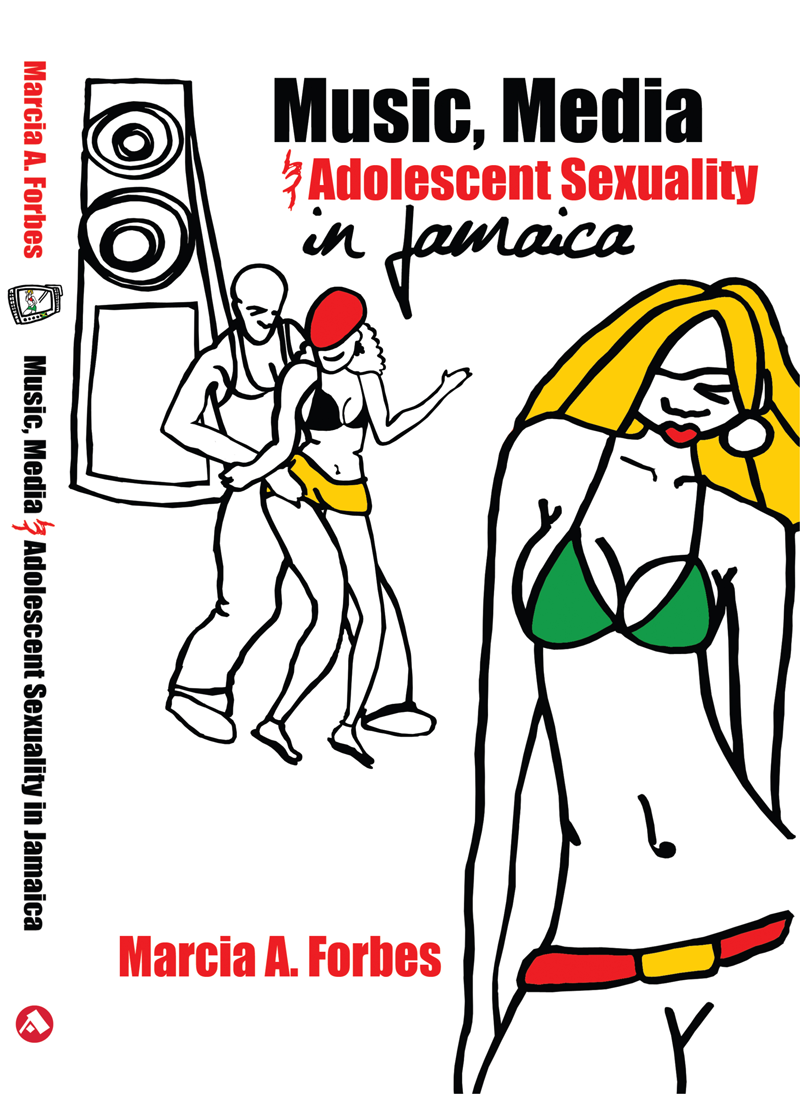Payola -- Not Only in Music!!
Payola not confined to music
Payola is rife across ALL sectors of the Jamaican society. I recently hear talk of an aspiring politician, an upcoming leader in one of the youth organizations, and the way in which he has been selling himself as a facilitator, as someone who can provide access to the upper echelons of his party. A ‘small’ fee of J$1 Million is required for this ‘fix’. So let’s get off the backs of the DJs and VJs and recognize the problem for what it really is, an almost total erosion of our values and our too frequent ‘aah nuh nutten’ approach to corruption.
Everybody in Jamaica wants to be rich. I dare anyone to honestly refute this. This is the basis for payola. Today’s youths want it now!! Not tomorrow. Our more mature adults also want it now. So, as the song goes, ‘We’re all in this thing together, we gotta work it out’. The Broadcasting Commission wants to do its part by cleaning up payola in music. I wish them well but know that the challenge goes well beyond the clichéd ‘eating the elephant bite by bite’.
Media Proliferation has Increased Payola
From my little ‘search’ it is clear that media proliferation has helped to embed payola even deeper than before into the music industry. To rise above the chatter/clutter of 20 radio stations, 3 free to air TV stations and over 50 local cable channels, the view is that producers/artistes must pay to play. Certain names were consistently mentioned by all with whom I spoke. Some of these payola Kings have been on radio for a very long time. Congrats to Captain Collin Hinds who my informants said will only play music he feels is good and not what is offered for pay.
Payola comes in many forms and especially so in view of the increasing multi-tasking and multiple skill sets among media practioners. DJs and VJs are now not just playing but also producing music and promoting their own shows. These and many other areas of overlap bring opportunities for payola and not just in the cash-exchange format. Payola is now a fine art where services are bartered and good deeds are repaid via replay and placement. Trips abroad, designer clothes, vacation at expensive hotels, fine-dining experiences, expensive gifts are all included in the pay for play or placement that is payola.
Print Payola
Newspapers should not rest on their laurels and believe that it is only the electronic media that suffers from payola. It is well know in print as well. Those who regularly appear on the social pages are sometimes known to reward by offering some of the aforementioned ‘goodies’. When we just started Phase 3 Productions over 25 years ago and covered much of JBC TV’s special events, my husband often commented on the extent to which prominent Jamaicans would go just to get into a ‘shot’. They wanted to be on TV, even if it meant pushing someone out of the way to squeeze in. Now the craze is to be seen on Page 2.
Many times people will greet me with, ‘how aah doan see you in the papers?’ as if suddenly I’ve disappear if only because of being invisible in the newspapers. At other times I will hear, ‘aah can only see you on TV or in the papers’, as if my mere appearance in these media means that I’ve achieved something important. Media visibility acts as one form of validation that we count, that we matter, that we are important. If you’re not in the media, many believe you no longer exist. In view of this ‘smaddyfication’ role of the media, payola will always survive – in one form or another.
Payola creates Poverty
Like the poor, payola will always be with us. But payola in music creates its own poverty by robbing us of the diversity of voices in our music. We keep hearing the same people over and over again—mainly those who pay for play! Payola also robs us of the variety of music genres of which our island and its artistes are fully capable. So we keep hearing mainly dancehall.
Payola discourages up and coming artistes. They feel that with no money to pay for play they don’t stand a chance of being heard on radio. One informant told me she heard a far more diverse mix of Jamaican music in Trinidad than here in Jamaica. Why is that? Payola lowers industry standards by setting poor role-models and examples for new artistes. The young ones with money may be tempted to jump on the payola band-wagon and pay for the play of their inferior material. At the end of the day, apart from the person(s) who collected the payola, the rest of us all loose.
New Media Technology to the Rescue
A great deal is being said about itunes and the way it can act as a great leveler. Gyptian is held up as an example; a young artiste who was hardly heard on local radio but was ‘mashing up’ itunes. Perhaps then, technology will be the great equalizer in our battle against payola. We shall see. In the meantime I await the Broadcasting Commission’s next move. I’m sure the music industry is even more eager to hear more.


